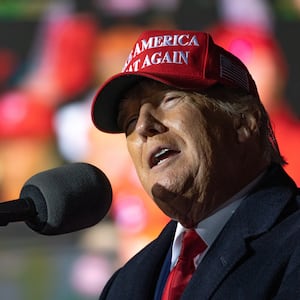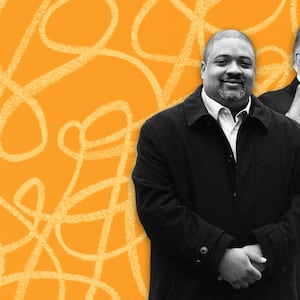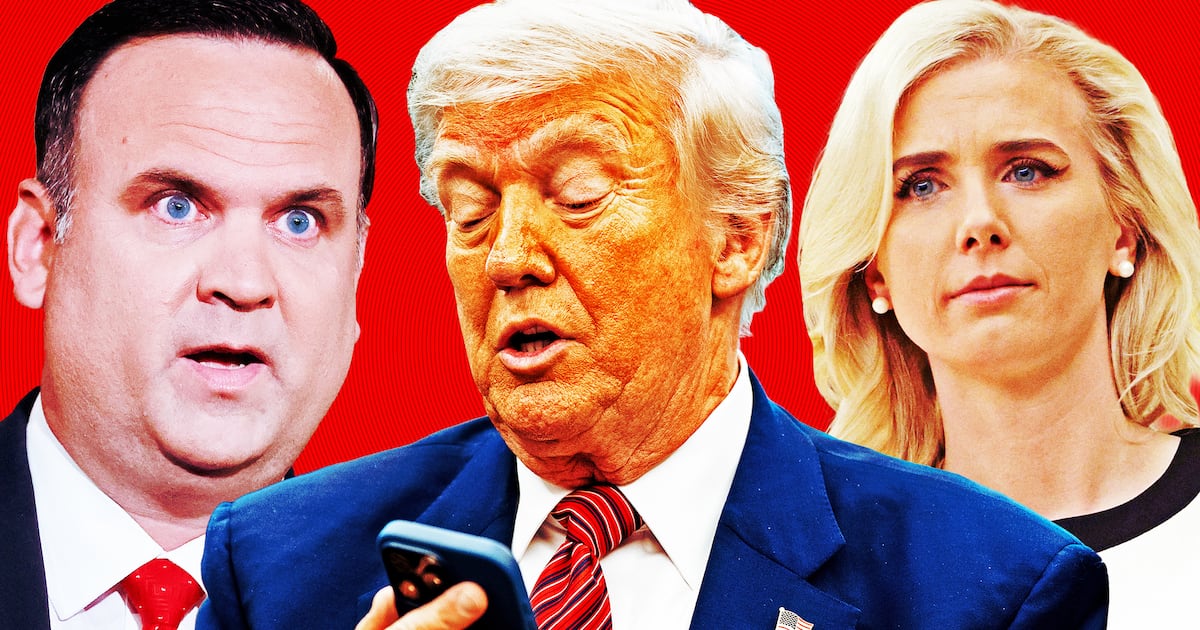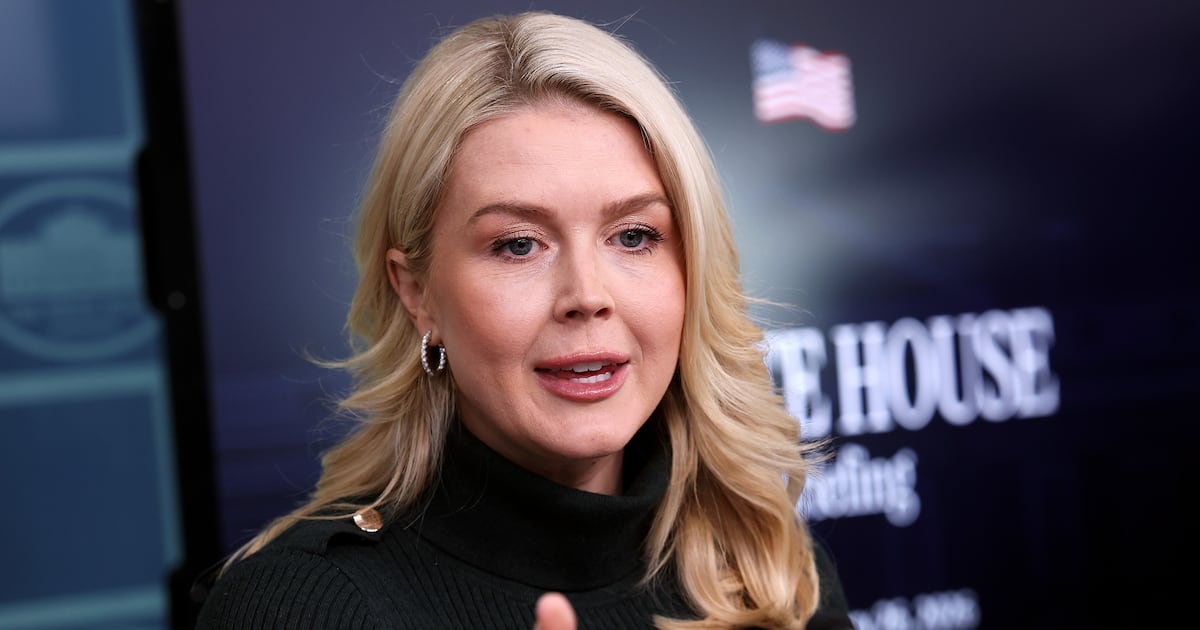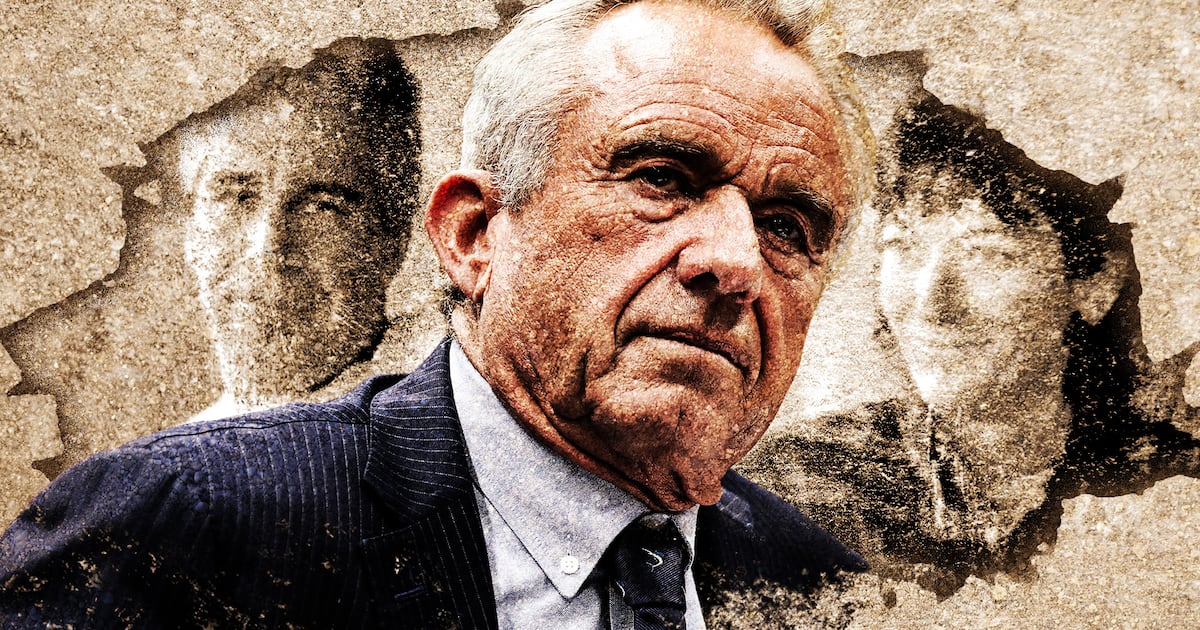Former President Donald Trump “more likely than not” committed a felony when he attempted to obstruct Congress and overturn the results of the 2020 presidential election, a federal judge ruled on Monday.
U.S. District Court Judge David Carter made the extraordinary statement as he handed down an order requiring John Eastman, a Trump attorney and ally, to turn over 101 emails to the House committee investigating the Capitol riot.
“Based on the evidence, the Court finds it more likely than not that President Trump corruptly attempted to obstruct the Joint Session of Congress on January 6, 2021,” Carter wrote, adding, “The illegality of the plan was obvious.”
Carter also wrote that by interfering in the certification of election votes, Trump “knowingly tried to subvert” the peaceful transition of power, a “fundamental principle” of the nation.
Neither Trump nor Eastman have been charged with a crime.
The judge also mentioned former Vice President Mike Pence to underscore how egregious Trump’s efforts were to interfere in the electoral process. “Vice President Pence ‘very consistent[ly]’ made clear to President Trump that the plan was unlawful, refusing ‘many times’ to unilaterally reject electors or return them to the states,” Carter wrote.
Eastman, however, found the plan to be legally justifiable, which Carter described as indefensible. Even though Eastman allegedly believed that the scheme to interfere with Congress’ vote certification was “grounded on a good faith” understanding of the Constitution, Carter argued, “ignorance of the law is no excuse.”
As the House Committee continues investigating the events that led to the insurrection, Eastman has remained reluctant to hand over his correspondence with Trump. CNN reports that the committee subpoenaed Eastman’s professional email address at Chapman University, where the lawyer worked, but that Eastman challenged the subpoena in court.
Per Carter’s order, Eastman will have to forfeit the emails sent between Jan. 4 and Jan. 7 as well as a draft memo that was intended for fellow Trump ally and attorney Rudy Giuliani. Carter writes that the Giuliani memo “pushed a strategy that knowingly violated the Electoral Count Act” and “may have been the first time members of President Trump’s team transformed a legal interpretation of the Electoral Count Act into a day-by-day plan of action.” According to the judge, the memo “likely furthered the crimes of obstruction.”
To conclude his order, Carter wrote, “If the country does not commit to investigating and pursuing accountability for those responsible, the Court fears January 6 will repeat itself.”


